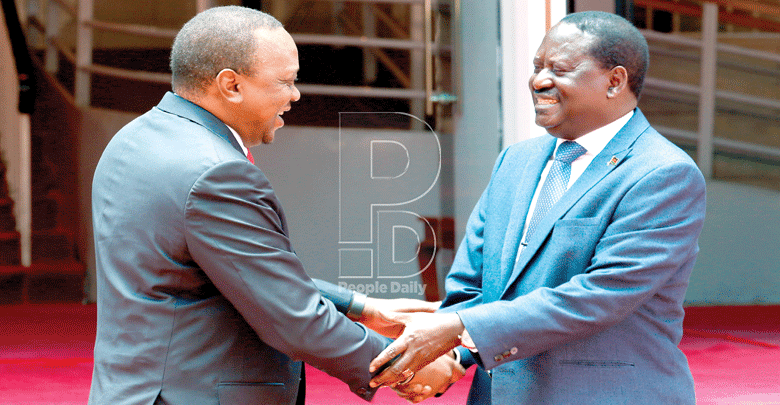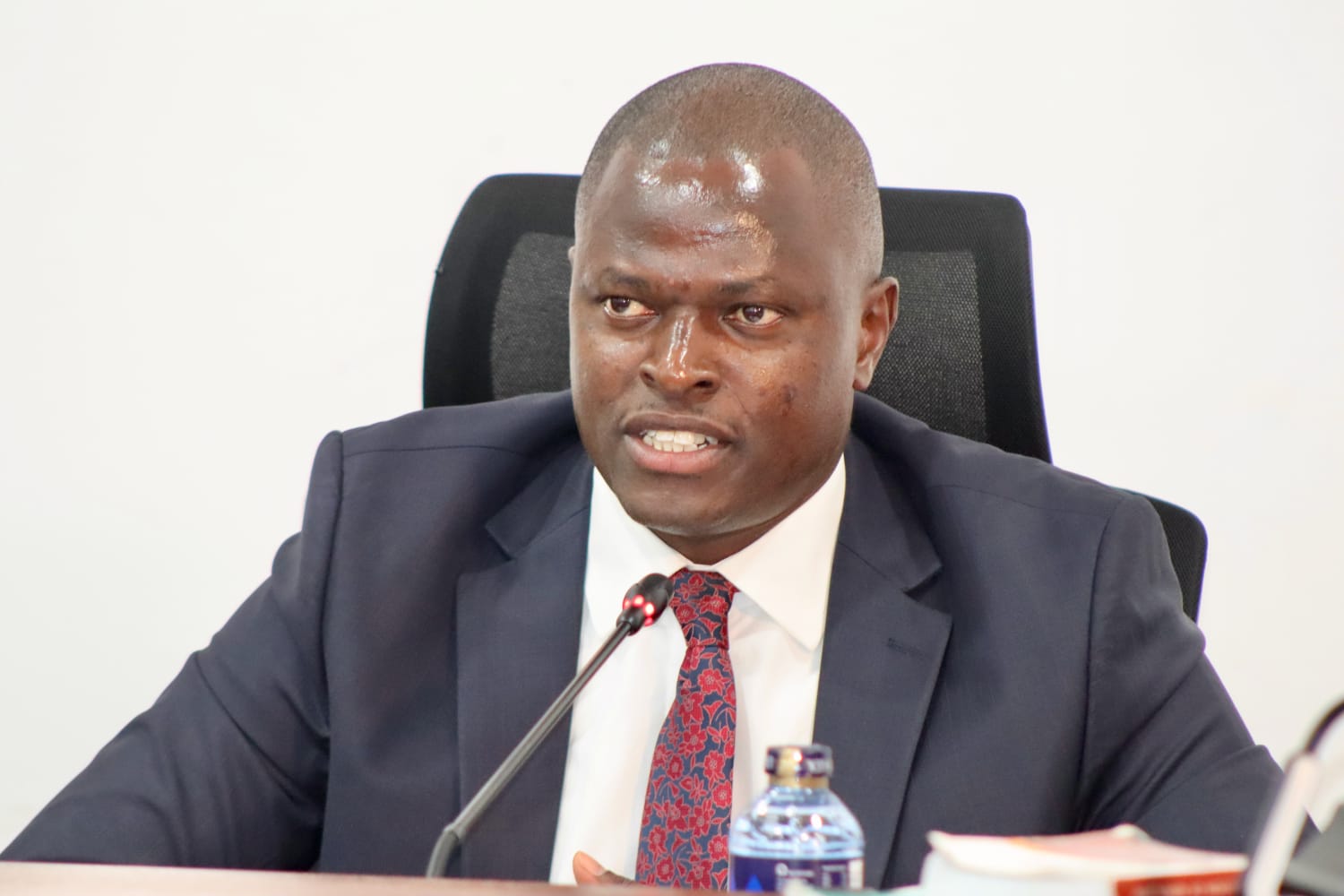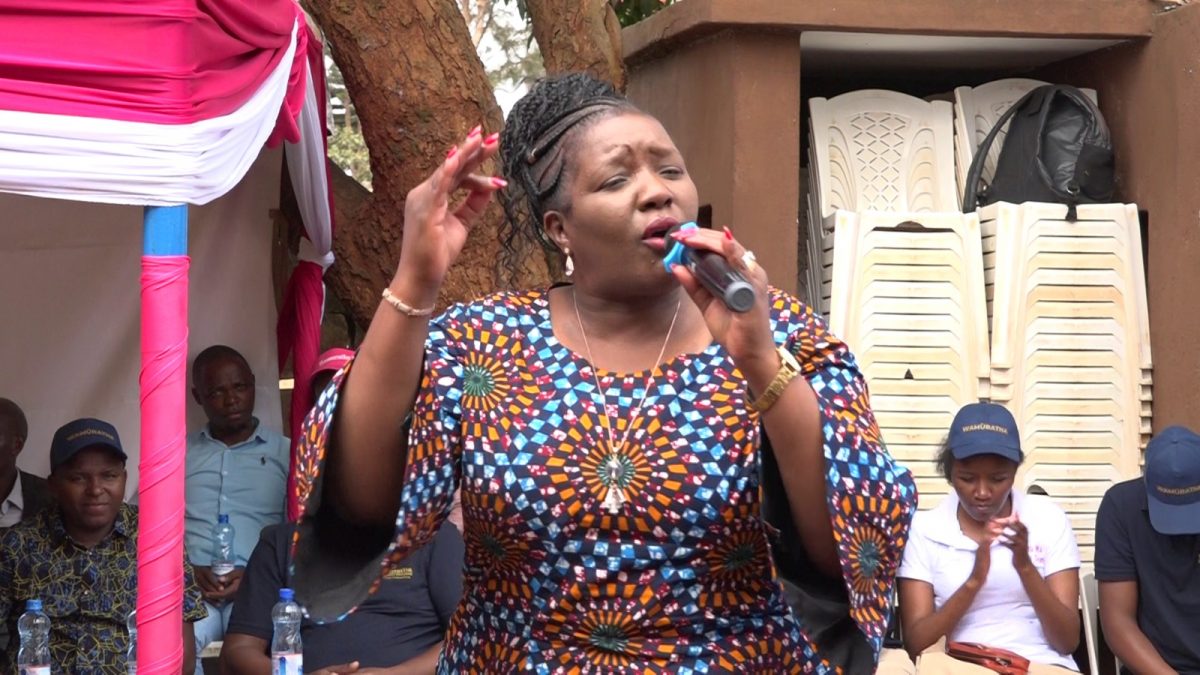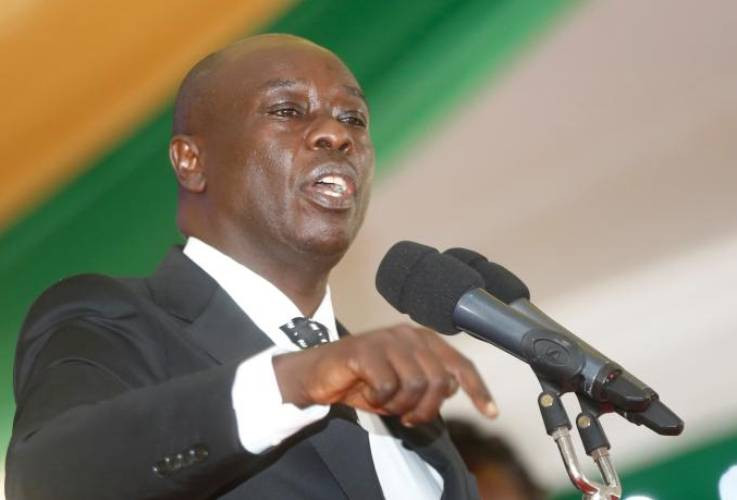BBI report must foster unity, not serve political whims

The much-touted Building Bridges Initiative (BBI) report is expected to be released soon, yet it has already elicited sharp debate even before it is made public.
Kenyans are waiting with bated breath to find out recommendations of the taskforce formed after the March 2018 handshake. BBI was born of the fractures that have shaken the foundations of the nation ever since Kenya gained self-rule.
That we are still engaged in efforts to refine the Constitution to meet the expectations of the people long after the Lancaster House conferences is an indictment of our collective failure to build national cohesion.
Not even the 2010 Constitution, which inspired hope for the consolidation of a united nation, has withstood the test of time. Indeed, that is why BBI was initiated—to address challenges facing the country.
The initiative is the product of the political fissures in our fragmented and ethnically diverse nation. Bitter and protracted electoral contests in the 2007, 2013 and 2017 elections meant that the nation was headed for a calamity, politically.
Ten years down the line, it is time to revisit the Constitution to dig the issues that hamper the realisation of its principles crafted to foster national cohesion and all-inclusive development.
President Uhuru Kenyatta and Opposition leader Raila Odinga must have come to terms with this critical assessment of the prevailing political, social and economic conundrum that often threatens to tear the national fabric apart, before settling for the handshake.
Will BBI help cure the political chasm that continues to prevent the attainment of national cohesion and a national identity? The fissures that characterise our shaky political infrastructure have again come to the fore in the Kibra by-election campaigns, indicating that we are still far from being a united nation.
BBI’s greatest test is how to resolve the deep-rooted inadequacies in the electoral process that breed bitterness, violence and despair among Kenyans.
In the aftermath of the 2007/088 post-election violence, the Johann Kriegler’s Independent Review Commission was among parties that brokered the National Accord that laid out a series of “must dos” and timelines to realise national healing and reconstruction.
Kriegler’s commission recommended a constitutional and legal framework for the electoral process, the organisational structure of the electoral management system, public participation, the organisation and conduct of elections, counting and tallying and post-election procedures.
Controversies continue to define the Independent Electoral Commission (IEBC) in every election cycle. This has eroded the public faith in the poll agency. The BBI report must make far-reaching recommendations to make IEBC a credible, independent arbiter of the electoral process.
The report must be tabled before a national convention for a honest conversation to interrogate its recommendations involving the people and constitutional experts delinked from the political hubris that threatens to derail its noble mission. Any referendum talk should only come after such a forum.
Kenya does not only belong to politicians, so the reports such as that expected to emanate from the BBI should not be looked at politically.
Vitally, the national conversation must fully address the consequences of impunity and inaction. —albertoleny@gmail.com














